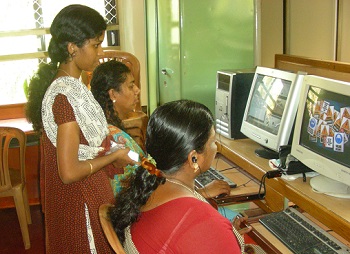LESSON
Lesson Learned: Civil Society Empowerment in Advocacy and Policy Development in Vietnam
The project funded 15 CSO small advocacy initiatives, implemented by 14 CSO partners. In most cases, the CSOs supplemented the $1,000 awarded by securing additional resources from government and donor funds. Designed and implemented with guidance and advice from the grantee, the projects were generally successful in delivering advocacy initiatives which engaged government officials and made progress towards the solution of specific issues.
Project Partner
Research Center for Management and Sustainable Development
Project Description
The project’s overall objective was to increase the participation of Vietnamese civil society organizations (CSOs) in democratic policy-making. The grantee sought to achieve this through: building the capacity of CSOs to advocate for democratic participation in the policy development process; enhancing networking, cooperation and communication among CSOs and related government bodies; implementation of existing legal frameworks and policies; and actual, successful participation of CSOs in the policy-making process.
The objectives of the project were directly relevant to exploring new possibilities in civil society engagement with government agencies in Viet Nam on public policy, at both local and national levels. The project helped facilitate CSOs voice in discussions and problem-solving on issues of concern to particular disadvantaged and vulnerable communities.
Evaluation Date
June 2014
Theme
Country
